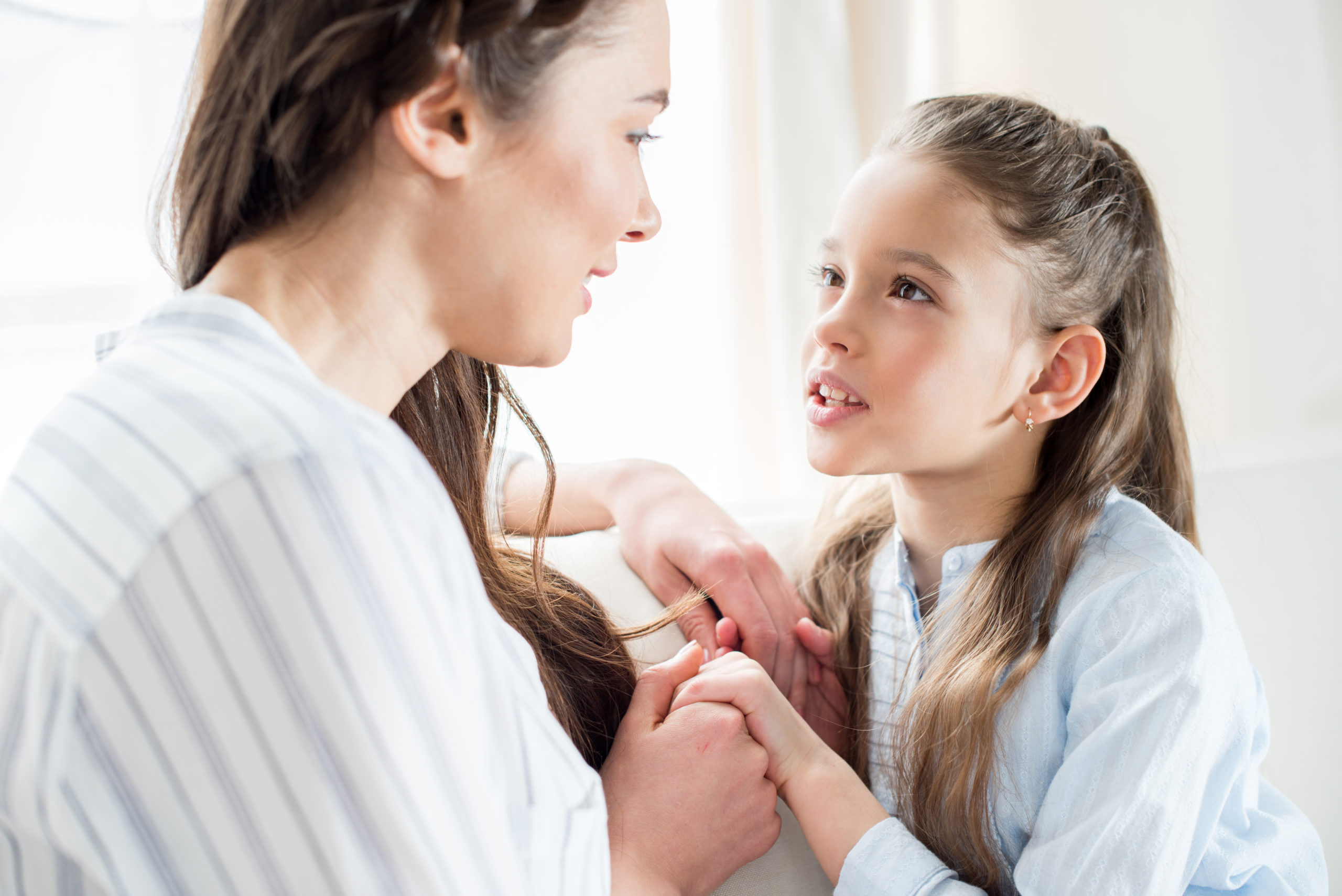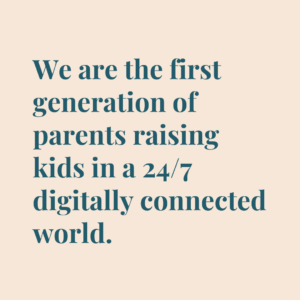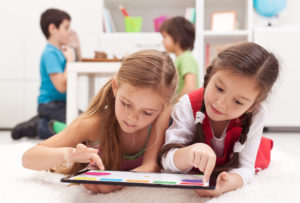Privacy Policy
This Privacy Policy governs the manner in which Beurkens Autism Consulting, Inc. d/b/a Horizons Developmental Resource Center collects, uses, maintains and discloses information collected from users (each, a “User”) of the www.DrBeurkens.com website (“Site”). This privacy policy applies to the Site and all products and services offered by Horizons Developmental Resource Center.
Please read this Privacy Policy carefully. By visiting and using the Site, you agree that your use of our Site, and any dispute over privacy, is governed by this Privacy Policy. Because the Web is an evolving medium, we may need to change our Privacy Policy at some point in the future, in which case we’ll post the changes to this Privacy Policy on this website and update the Effective Date of the policy to reflect the date of the changes. By continuing to use the Site after we post any such changes, you accept the Privacy Policy as modified.
Personal identification information
We may collect personal identification information from Users in a variety of ways, including, but not limited to, when Users visit our site, register on the site, place an order, subscribe to the newsletter, respond to a survey, fill out a form, and in connection with other activities, services, features or resources we make available on our Site. Users may be asked for, as appropriate, name, email address, mailing address, phone number, credit card information. Users may, however, visit our Site anonymously. We will collect personal identification information from Users only if they voluntarily submit such information to us. Users can always refuse to supply personally identification information, except that it may prevent them from engaging in certain Site related activities.
Non-personal identification information
We may collect non-personal identification information about Users whenever they interact with our Site. Non-personal identification information may include the browser name, the type of computer and technical information about Users means of connection to our Site, such as the operating system and the Internet service providers utilized and other similar information.
Web browser cookies
Our Site may use “cookies” to enhance User experience. User’s web browser places cookies on their hard drive for record-keeping purposes and sometimes to track information about them. User may choose to set their web browser to refuse cookies, or to alert you when cookies are being sent. If they do so, note that some parts of the Site may not function properly.
How we use collected information
Horizons Developmental Resource Center may collect and use Users personal information for the following purposes:
- To improve customer service — Information you provide helps us respond to your customer service requests and support needs more efficiently.
- To personalize user experience — We may use information in the aggregate to understand how our Users as a group use the services and resources provided on our Site.
- To improve our Site — We may use feedback you provide to improve our products and services.
- To process payments — We may use the information Users provide about themselves when placing an order only to provide service to that order. We do not share this information with outside parties except to the extent necessary to provide the service.
- To run a promotion, contest, survey or other Site feature — To send Users information they agreed to receive about topics we think will be of interest to them.
- To send periodic emails — We may use the email address to send User information and updates pertaining to their order. It may also be used to respond to their inquiries, questions, and/or other requests. If User decides to opt-in to our mailing list, they will receive emails that may include company news, updates, related product or service information, etc. If at any time the User would like to unsubscribe from receiving future emails, we include detailed unsubscribe instructions at the bottom of each email or User may contact us via our Site.
How we protect your information
We adopt appropriate data collection, storage and processing practices and security measures to protect against unauthorized access, alteration, disclosure or destruction of your personal information, username, password, transaction information and data stored on our Site.
Sensitive and private data exchange between the Site and its Users happens over a SSL secured communication channel and is encrypted and protected with digital signatures.
Sharing your personal information
We do not sell, trade, or rent Users personal identification information to others. We may share generic aggregated demographic information not linked to any personal identification information regarding visitors and users with our business partners, trusted affiliates and advertisers for the purposes outlined above.We may use third party service providers to help us operate our business and the Site or administer activities on our behalf, such as sending out newsletters or surveys. We may share your information with these third parties for those limited purposes provided that you have given us your permission.
Please keep in mind that whenever you voluntarily make your personal information available for viewing by third parties online – for example on message boards, web logs, through email, or in chat areas – that information can be seen, collected and used by others besides us. We cannot be responsible for any unauthorized third-party use of such information.
Some of our third-party advertisers and ad servers that place and present advertising on the Site also may collect information from you via cookies, web beacons or similar technologies. These third-party advertisers and ad servers may use the information they collect to help present their advertisements, to help measure and research the advertisements’ effectiveness, or for other purposes. The use and collection of your information by these third-party advertisers and ad servers is governed by the relevant third-party’s privacy policy and is not covered by our Privacy Policy. Indeed, the privacy policies of these third-party advertisers and ad servers may be different from ours. If you have any concerns about a third party’s use of cookies or web beacons or use of your information, you should visit that party’s website and review its privacy policy.
Google Analytics
We also use Google Analytics Advertiser Features to optimize our business. Advertiser features include:
- Remarketing with Google Analytics
- Google Display Network Impression Reporting
- DoubleClick Platform integrations
- Google Analytics Demographics and Interest Reporting
By enabling these Google Analytics Display features, we are required to notify our visitors by disclosing the use of these features and that we and third-party vendors use first-party cookies (such as the Google Analytics cookie) or other first-party identifiers, and third-party cookies (such as the DoubleClick cookie) or other third-party identifiers together to gather data about your activities on our Site. Among other uses, this allows us to contact you if you begin to fill out our check-out form but abandon it before completion with an email reminding you to complete your order. The “Remarketing” feature allows us to reach people who previously visited our Site, and match the right audience with the right advertising message.
You can opt out of Google’s use of cookies by visiting Google’s ad settings and/or you may opt out of a third-party vendor’s use of cookies by visiting the Network Advertising Initiative opt-out page.
Facebook
As advertisers on Facebook and through our Facebook page, we, (not Facebook) may collect content or information from a Facebook user and such information may be used in the same manner specified in this Privacy Policy. You consent to our collection of such information.
We abide by Facebook’s Data Use Restrictions.
- Any ad data collected, received or derived from our Facebook ad (“Facebook advertising data”) is only shared with someone acting on our behalf, such as our service provider. We are responsible for ensuring that our service providers protect any Facebook advertising data or any other information obtained from us, limit our use of all of that information, and keep it confidential and secure.
- We do not use Facebook advertising data for any purpose (including retargeting, commingling data across multiple advertisers’ campaigns, or allowing piggybacking or redirecting with tags), except on an aggregate and anonymous basis (unless authorized by Facebook) and only to assess the performance and effectiveness of our Facebook advertising campaigns.
- We do not use Facebook advertising data, including the targeting criteria for a Facebook ad, to build, append to, edit, influence, or augment user profiles, including profiles associated with any mobile device identifier or other unique identifier that identifies any particular user, browser, computer or device.
- We do not transfer any Facebook advertising data (including anonymous, aggregate, or derived data) to any ad network, ad exchange, data broker or other advertising or monetization related service.
Children’s Privacy Statement
This children’s privacy statement explains our practices with respect to the online collection and use of personal information from children under the age of thirteen, and provides important information regarding their rights under federal law with respect to such information.
- This Site is not directed to children under the age of thirteen and we do NOT knowingly collect personally identifiable information from children under the age of thirteen as part of the Site. We screen users who wish to provide personal information in order to prevent users under the age of thirteen from providing such information. If we become aware that we have inadvertently received personally identifiable information from a user under the age of thirteen as part of the Site, we will delete such information from our records. If we change our practices in the future, we will obtain prior, verifiable parental consent before collecting any personally identifiable information from children under the age of thirteen as part of the Site.
- Because we do not collect any personally identifiable information from children under the age of thirteen as part of the Site, we also do NOT knowingly distribute such information to third parties.
- We do NOT knowingly allow children under the age of thirteen to publicly post or otherwise distribute personally identifiable contact information through the Site.
- Because we do not collect any personally identifiable information from children under the age of thirteen as part of the Site, we do NOT condition the participation of a child under thirteen in the Site’s online activities on providing personally identifiable information.
Changes to this privacy policy
Horizons Developmental Resource Center has the discretion to update this privacy policy at any time. When we do, we will revise the updated date at the bottom of this page. We encourage Users to frequently check this page for any changes to stay informed about how we are helping to protect the personal information we collect. You acknowledge and agree that it is your responsibility to review this privacy policy periodically and become aware of modifications.
Your acceptance of these terms
By using this Site, you signify your acceptance of this policy. If you do not agree to this policy, please do not use our Site. Your continued use of the Site following the posting of changes to this policy will be deemed your acceptance of those changes.
Contacting us
If you have any questions about this Privacy Policy, the practices of this site, or your dealings with this site, please contact us at:
Horizons Developmental Resource Center
www.DrBeurkens.com
3120 68th Street SE
Caledonia, MI 49316
616-698-0306
info(at)drbeurkens.com
This document was last updated on May 30, 2016








